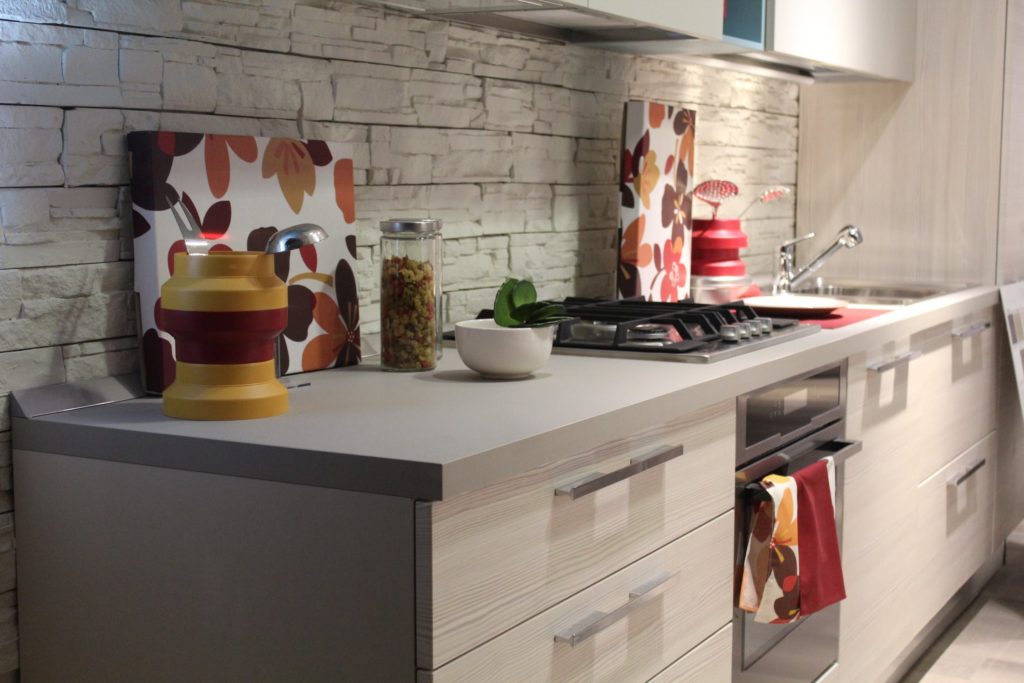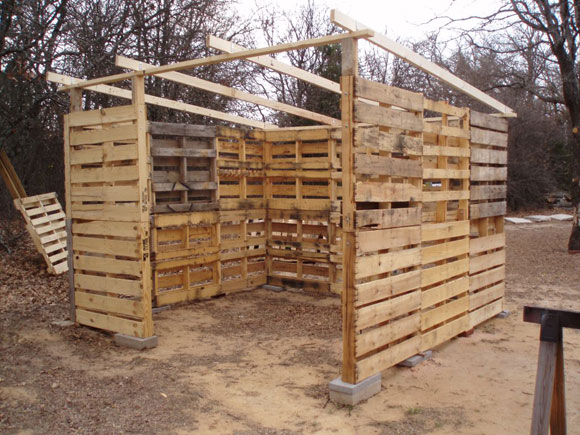
The kitchen tends to be the least eco-friendly room in our homes. Not only is a significant amount of electricity used between the lighting and appliances, but water gets wasted, and a ton of paper products gets thrown in the trash.
Wondering what you can do to ensure your kitchen is eco-friendlier than most? Check out these ten ultimate tips to get started.
1: Choose energy efficient appliances: Between your given choices, choose the appliances which are the most energy efficient. This is especially important when it comes to large appliances, like your dish washer.
2: Skip pre-prepared foods: These come with needless extra packaging, which is a big no-no in an eco-friendly kitchen. Choose instead to create meals yourself. You can even store or freeze excess in washable containers for busy days.
3: Buy local foods: Purchasing locally grown fruits and vegetables serves two purposes. First, it reduces shipping demands, which means less carbon will be put out by commercial truck drivers. Second, it does away with excessive packaging.
4: Recycle everything: Almost everything can be recycled – paper, plastic, glass, and metal. Some areas have curbside recycling services, while others require you to go to a recycling plant. You can find that information online.
5: Upcycle: A lot of things can be upcycled. For example, food storage containers from the store can be washed and reused to store leftovers. Glass bottles can be used as vases for flowers. Use your imagination or look up upcycling ideas online.
6: Ditch the paper: A lot of paper waste comes from the kitchen. Avoiding disposable items like paper plates is a good start. You can use washable dish rags instead of napkins or paper towels. Avoid paper grocery bags or upcycle them if you do ever end up using them.
7: Buy bulk: Bulk items use less packaging. Packing on food and household items is one of the largest contributors to landfill waste, so reducing this by buying bulk can make a significant difference. Watch out for those which are single items contained in a larger package, however, as these actually contain even more packaging.
8: Getting rid of plastic: You can use special snack bags or reusable containers to store food items in, instead of plastic bags. Choose refillable water bottles over plastic ones.
9: Compost: Most food items can be composted, except for meats, oils, and dairy products which cause mold. A compost heap not only reduces food waste in landfills, but also makes great fertilizer for your home garden.
10: Reusable grocery bags: Everyone has a pile of plastic grocery bags which eventually just gets thrown away. Investing in a few sturdy reusable bags is a solid investment – and some stores even reward you for using them. If your grocery store is still using plastic bags, encourage them to Inquire About Eco Promotional Products. Going green is good for business too.
Use these ten ultimate tips to make sure your kitchen is as eco-friendly as possible.


